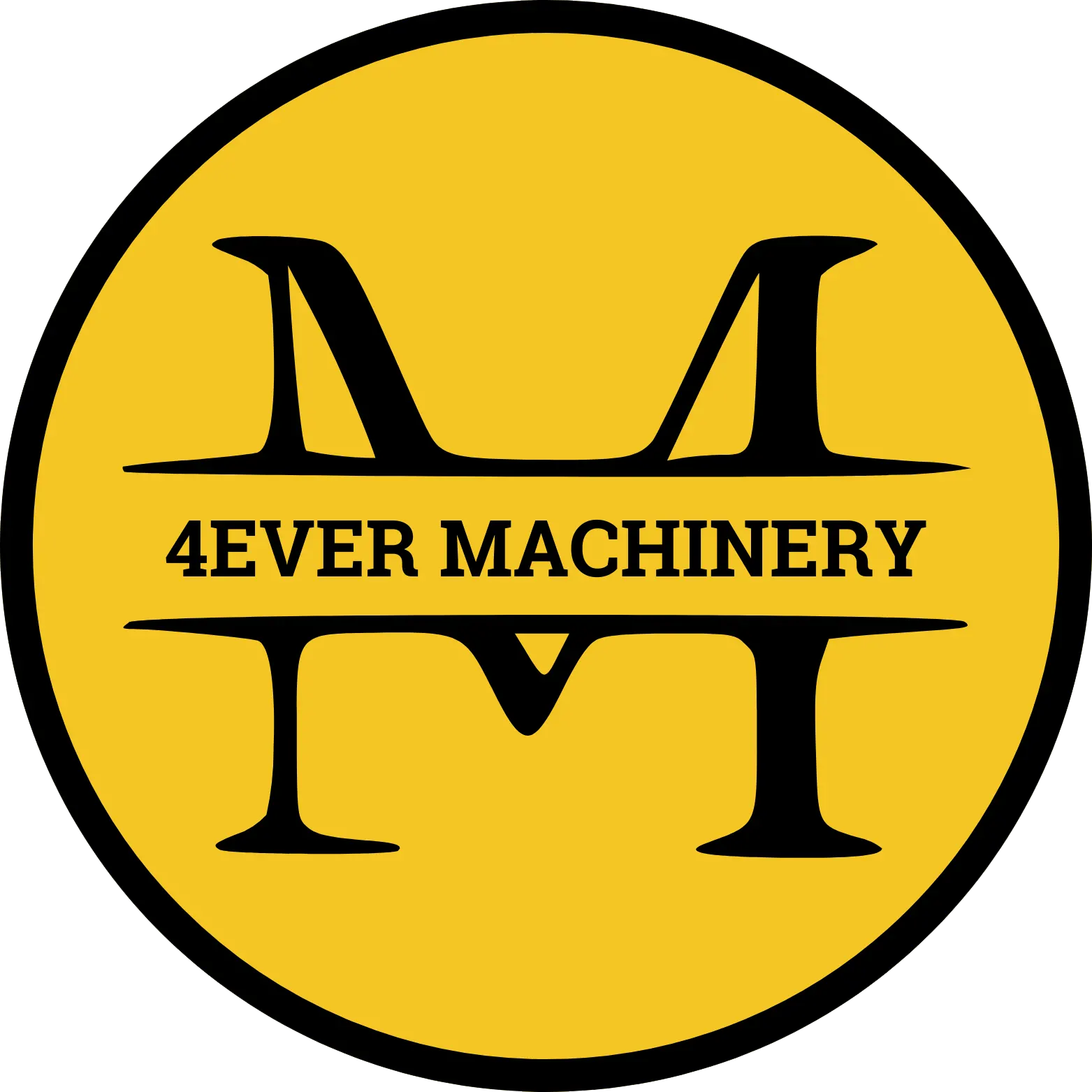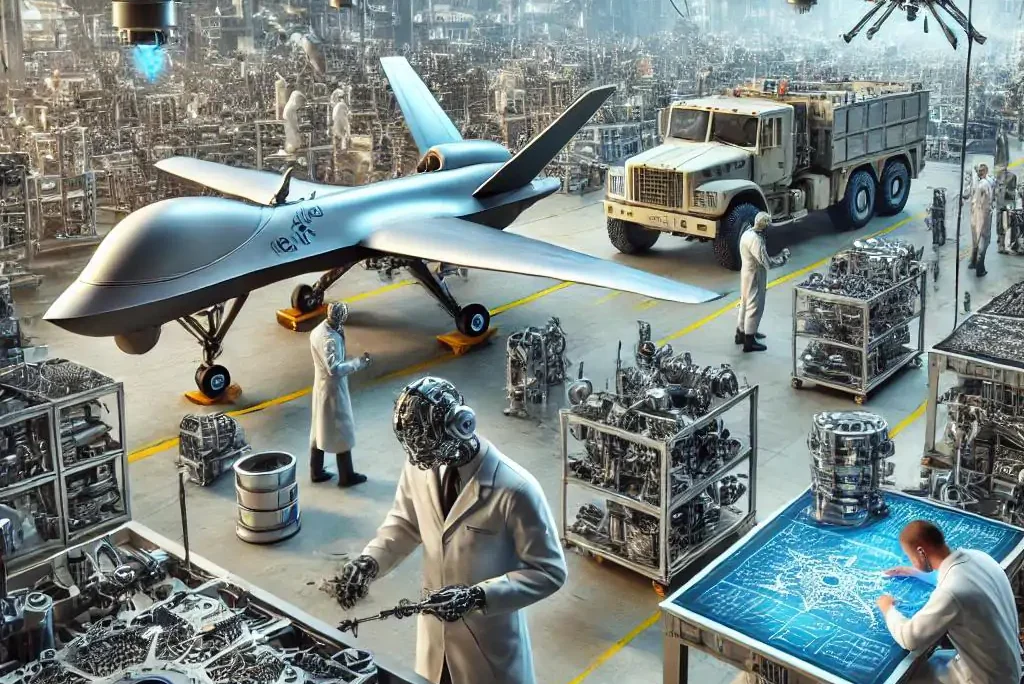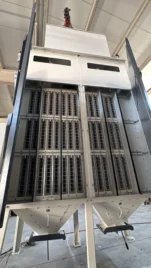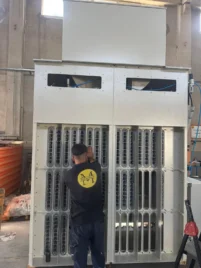Precision manufacturing is at the heart of the defense industry, where exacting standards and uncompromising quality are non-negotiable. From aerospace components to advanced weapons systems, the need for precisely engineered parts and assemblies is critical for the performance, safety, and reliability of defense equipment. However, the complexities involved in defense manufacturing create unique challenges that require specialized solutions. This article delves into the key challenges faced in precision manufacturing within the defense sector and explores innovative solutions that enable manufacturers to meet stringent requirements and maintain a competitive edge.
The Role of Precision Manufacturing in the Defense Industry
The defense sector depends heavily on precision manufacturing to produce components that must endure extreme conditions, including high temperatures, pressure, and mechanical stress. Whether it involves building aircraft engines, missile guidance systems, or armored vehicles, every part must meet exact specifications to ensure mission success and the safety of personnel. Precision manufacturing allows defense contractors to achieve:
- Enhanced Performance: Precision machining ensures that components fit together perfectly, reducing friction, wear, and tear, which can improve the overall performance and lifespan of defense systems.
- High-Quality Standards: Defense products are subject to rigorous quality assurance protocols. Precision manufacturing ensures that each component meets strict tolerances, avoiding potential failures in critical applications.
- Custom Solutions: Defense applications often require custom-made parts that are not available off the shelf. Precision manufacturing makes it possible to create bespoke components tailored to specific operational needs.
- Cost Efficiency: Despite the high initial investment, precision manufacturing can reduce costs over time by minimizing waste and rework, ensuring that materials are used optimally.
Key Challenges in Precision Manufacturing for Defense
Manufacturing for the defense industry involves unique challenges that differ significantly from those in other sectors. Below are some of the most pressing challenges faced by manufacturers working in this field:
- Complex Design Specifications
- Overview: Defense equipment is often built to handle complex scenarios, such as high-speed flight or deep-sea operation. This results in highly complex design specifications with tight tolerances and intricate geometries that require advanced machining capabilities.
- Challenge: Machining parts with complex geometries can be time-consuming and require specialized equipment, making it difficult to meet production deadlines and maintain quality.
- Solution: Utilizing advanced CAD/CAM software and 5-axis CNC machining allows manufacturers to produce complex parts with minimal manual intervention, ensuring accuracy while reducing production time.
- Stringent Regulatory Requirements
- Overview: Defense products must comply with stringent regulations and standards, such as AS9100 for aerospace and ITAR (International Traffic in Arms Regulations) for export compliance. These regulations ensure that products meet the highest levels of quality, safety, and security.
- Challenge: Maintaining compliance with these regulations requires meticulous documentation, quality checks, and traceability, which can slow down production processes and increase administrative workload.
- Solution: Implementing quality management systems (QMS) and digital traceability tools helps manufacturers maintain compliance while streamlining documentation. Automation of compliance processes ensures that every step meets regulatory standards without sacrificing speed.
- Material Challenges
- Overview: The defense industry uses advanced materials like titanium, high-strength alloys, and composites to achieve specific performance characteristics such as lightweight strength and thermal resistance. Machining these materials requires specialized tools and expertise.
- Challenge: Materials like titanium are difficult to machine due to their hardness and heat resistance, which can lead to tool wear, heat buildup, and dimensional inaccuracies.
- Solution: High-speed machining and the use of advanced cutting tools, such as diamond-coated tools, improve material removal rates while minimizing tool wear. Additionally, cryogenic cooling can be used to reduce heat buildup during the machining of difficult materials, extending tool life.
- Supply Chain Complexity
- Overview: Defense manufacturing often involves a global supply chain for sourcing raw materials, components, and specialized equipment. Managing these complex supply chains while ensuring quality and compliance is a major challenge.
- Challenge: Delays in the supply chain can disrupt production schedules, especially when working with highly specialized suppliers that are difficult to replace. Maintaining secure and compliant supply chains is also critical in defense.
- Solution: Building strong relationships with key suppliers and implementing supply chain management software can help manufacturers better predict and mitigate disruptions. Using digital twins and simulation tools allows companies to plan for potential bottlenecks in production and adapt in real-time.
- Security Concerns
- Overview: Given the sensitive nature of defense products, protecting intellectual property (IP) and preventing cyberattacks are critical concerns. Hackers can target defense manufacturers to steal proprietary designs or disrupt production processes.
- Challenge: Cybersecurity threats pose risks to both the intellectual property of precision parts and the integrity of production processes, potentially compromising the safety and reliability of final products.
- Solution: Implementing robust cybersecurity protocols, such as encrypted communication channels, multi-factor authentication, and regular security audits, is essential. Investing in secure cloud-based platforms for data storage ensures that sensitive design information is protected against unauthorized access.
Innovative Solutions for Precision Manufacturing in Defense
Addressing the challenges of precision manufacturing requires innovative solutions and cutting-edge technology. Here are some key advancements that are making a difference in the defense sector:
- Additive Manufacturing (3D Printing)
- Overview: Additive manufacturing allows for the creation of complex geometries that are difficult or impossible to achieve with traditional subtractive methods. It is particularly useful for prototyping and producing low-volume custom parts.
- Applications: In the defense sector, 3D printing is used to create lightweight yet strong components for aerospace and ground vehicles, as well as spare parts in remote locations.
- Benefits: Additive manufacturing reduces lead times and material waste, allowing for on-demand production of parts and rapid prototyping.
- Advanced Robotics and Automation
- Overview: Automation is transforming precision manufacturing by enabling faster, more consistent production processes. Robots equipped with vision systems can perform complex tasks like welding, machining, and quality inspection with high precision.
- Applications: In the defense industry, robotic systems are used for tasks that require a high degree of accuracy, such as assembling missile components or machining parts with tight tolerances.
- Benefits: Robotics improves efficiency, reduces labor costs, and ensures consistency in manufacturing, making it possible to achieve high-quality standards with minimal variability.
- Digital Twins and Simulation
- Overview: Digital twins create a virtual model of a physical part or production line, allowing manufacturers to simulate different manufacturing processes and optimize designs before production begins.
- Applications: Digital twins are used to simulate stress tests for critical components, predict tool wear, and optimize production processes for efficiency and accuracy.
- Benefits: This technology helps reduce the risk of errors, shortens development cycles, and allows manufacturers to explore different manufacturing strategies without disrupting ongoing production.
- Artificial Intelligence and Machine Learning
- Overview: AI and machine learning are being used to improve process control, quality assurance, and predictive maintenance in precision manufacturing. By analyzing large datasets, AI can identify patterns and anomalies that might indicate a quality issue or equipment failure.
- Applications: In defense manufacturing, AI can monitor critical dimensions during machining processes and provide real-time adjustments, ensuring parts remain within specified tolerances.
- Benefits: AI reduces downtime, enhances quality control, and provides insights that help manufacturers optimize their processes and improve decision-making.
The Future of Precision Manufacturing in Defense
The defense industry is continuously evolving, and precision manufacturing is expected to play an even greater role in shaping its future. Emerging technologies such as quantum computing, advanced materials like graphene, and further integration of IoT are set to revolutionize the industry. As these technologies mature, manufacturers will be able to produce even more complex and efficient defense systems, maintaining a balance between innovation and compliance.
Conclusion
Precision manufacturing is a critical component of the defense industry, enabling the production of high-performance systems that meet the stringent requirements of modern warfare. By addressing challenges such as complex designs, material difficulties, and regulatory compliance, manufacturers can continue to deliver high-quality products that support the needs of defense operations. Through the adoption of advanced technologies like additive manufacturing, automation, and AI, the industry is well-positioned to overcome these challenges and continue advancing into the future.
4Ever Machinery is dedicated to providing state-of-the-art precision manufacturing solutions for the defense industry. With a commitment to quality, innovation, and compliance, we help defense contractors meet their most demanding specifications, ensuring that every component is built to perform under the toughest conditions.



